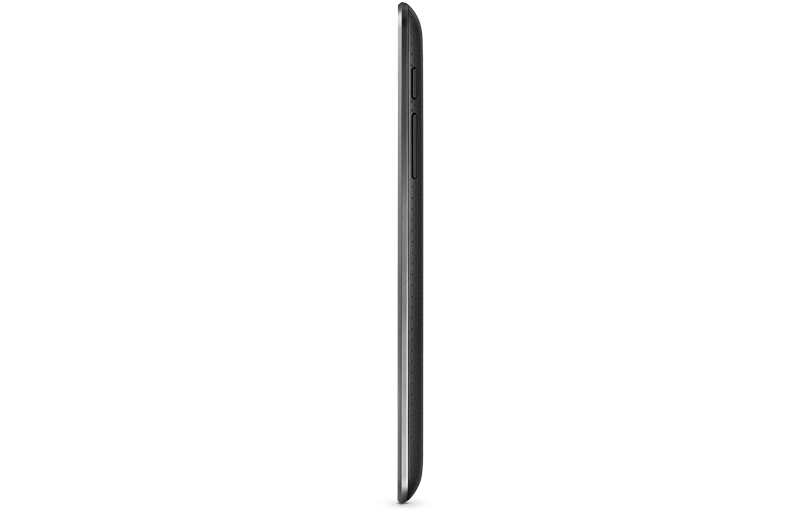At their I/O event yesterday evening, Google announced the Nexus 7, a 7-inch Android tablet which will retail in the UK from July for £159.

The specs for the device bode well. It will come with 8GB or 16GB of storage (there’s a £40 premium for the bigger one),and have a 1280 x 800 IPS display; that’s the same type of display as the new iPad, but with a little over half the resolution. It also has a 1.2-megapixel, front-facing camera, though nothing on the back, which is good because you look like an idiot if you take photos with a tablet.
As part of Google’s Nexus range, the tablet will be made by a third-party – in this case, Asus – but with Google taking full control of the software. When it has attempted to do this with its Android phones, it has been a double-edged sword for the company. On the one hand, the devices, the latest of which is Samsung’s Nexus Galaxy, are the undisputed reference devices for the operating system, and have unrivalled access to new versions of Android, something other companies are notoriously reticent to provide. On the other hand, the control Google exercises means that the network carriers are loath to promote them; the Nexus One, Google’s first foray into the hardware market, could only be bought through its online store.

With the Nexus 7, that downside should matter less. The tablet doesn’t have any mobile connectivity, so carriers don’t get involved, and Google has confirmed that they may sell it through conventional retain channels, although those stores are unlikely to be able to match the near-wholesale price that is being offered on the company’s online store.
Although the iPad is the undisputed market leader against which most comparisons will be made, the Nexus 7 is really a move against Amazon. The form factor and price pits it in direct competition with the Kindle Fire, Amazon’s Android-based tablet launched in the US in the run-up to Christmas, although not yet available here. When it launched, the Fire was widely panned for substandard hardware and buggy software, and although the latter was belatedly fixed by updates, many believe that a desire to rush the Kindle out for a Christmas release date meant that it wasn’t quite finished.
If the Nexus 7 can live up to its tech specs and deliver a polished experience, it will have a clear run at Amazon’s market. And make no mistake, that is where it is heading. Google is selling the Nexus as a reading device, claiming it has “the world’s largest ebook collection”, while adding magazines to its app store, and by selling it at a deeply discounted price, it is clear its business model is far more Amazon than Apple: get the tablet into homes, and then profit on media sold for it. That also explains the Nexus Q, announced at the same event, which is a glowing little sphere which allows you to stream media from Android devices – and only Android devices – to TV screens.

Of course, the margins on media are razor thin. Apple runs its iTunes store at break-even, and makes the majority of its profit from hardware; Amazon rarely breaks down how well its digital divisions are doing, but they can’t be that much stronger. But Google has another way to make money from the same business: data.
Unlike Apple and Amazon, it is primarily an advertising company; if it can work out how to make ads on tablets as valuable as print ads, through targeting and data-mining, it could change both industries for good.





